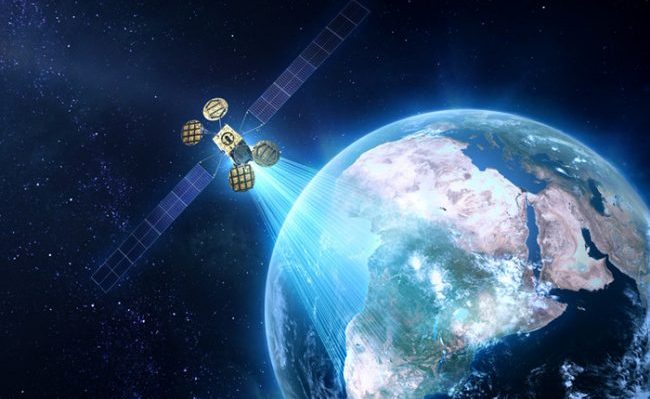
Skylo Launches Direct-to-Device Connectivity Using Qualcomm's Snapdragon X80 5G Modem
Innovation
Paikan Begzad
13 September 2024
11 July 2024
|
Zaker Adham
Summary
Summary
Joby Aviation has announced the successful completion of a 523-mile test flight using a hydrogen-powered version of its electric vertical takeoff and landing (eVTOL) aircraft. This prototype, equipped with a liquid hydrogen fuel cell and hydrogen-electric propulsion system, produced only water vapor as a byproduct. The company views this milestone as a significant step toward a future of emission-free regional aviation, in an industry currently dependent on fossil fuels.
This test flight is believed to be the first forward flight of a liquid hydrogen-powered eVTOL. Joby maintained the same structure and core components of its battery-electric air taxi, while reducing the battery load and installing a fuel tank capable of storing up to 40 kilograms of liquid hydrogen.
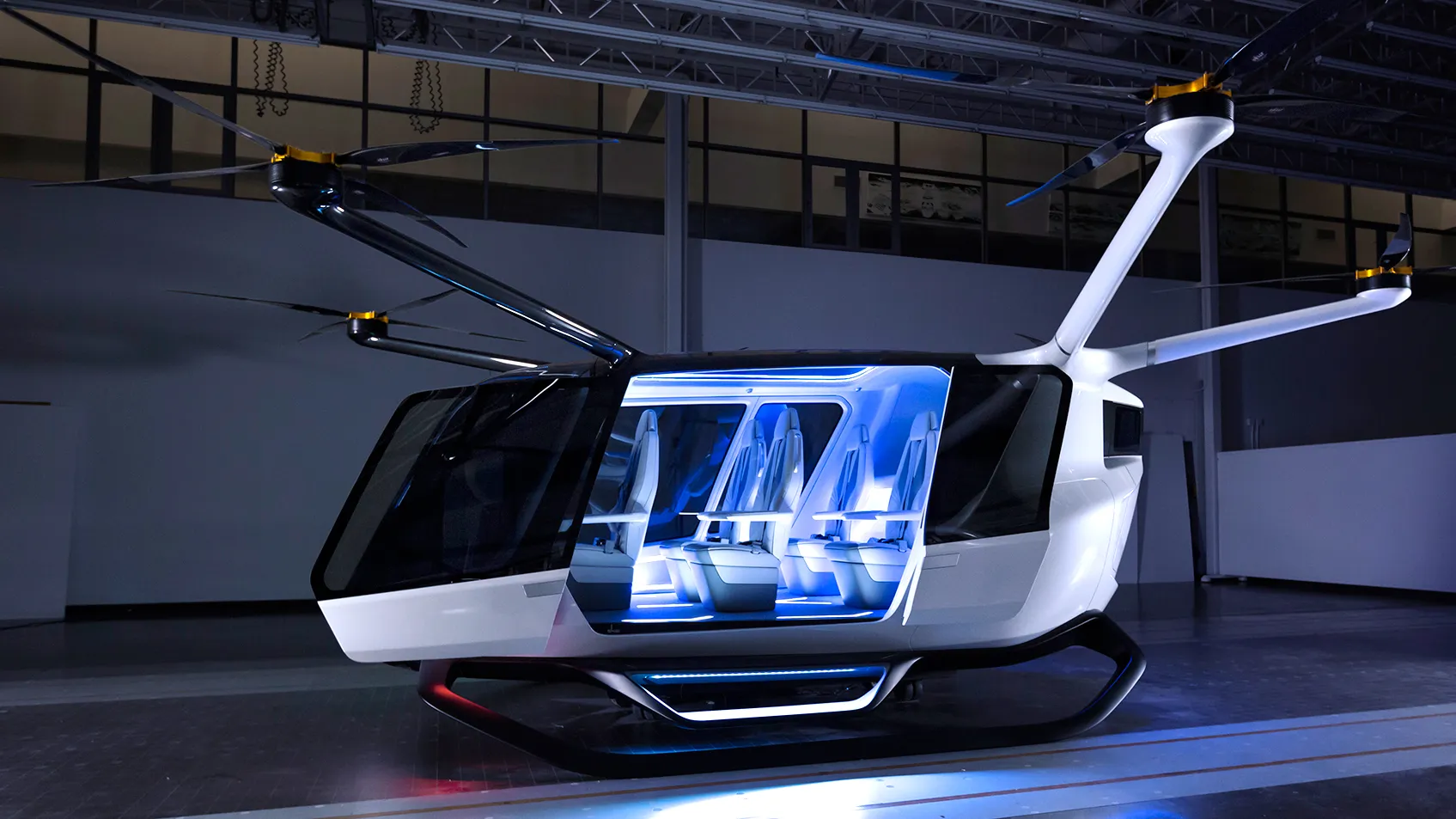
The hydrogen is converted into electricity, water, and heat by a fuel cell system. The electricity powers the air taxi's six electric motors, with the batteries providing additional power during takeoff and landing.
Joby plans to begin commercial operations with its air taxi as early as 2025. Although the eVTOL doesn't require a runway, its battery range is limited to 100 miles before needing a recharge, making it ideal for short trips such as from home to the airport. If the hydrogen-powered model enters production, it could enable emission-free inter-city travel that is faster than road or traditional air travel. Additionally, refueling a hydrogen-powered air taxi is faster than recharging a battery-powered eVTOL.
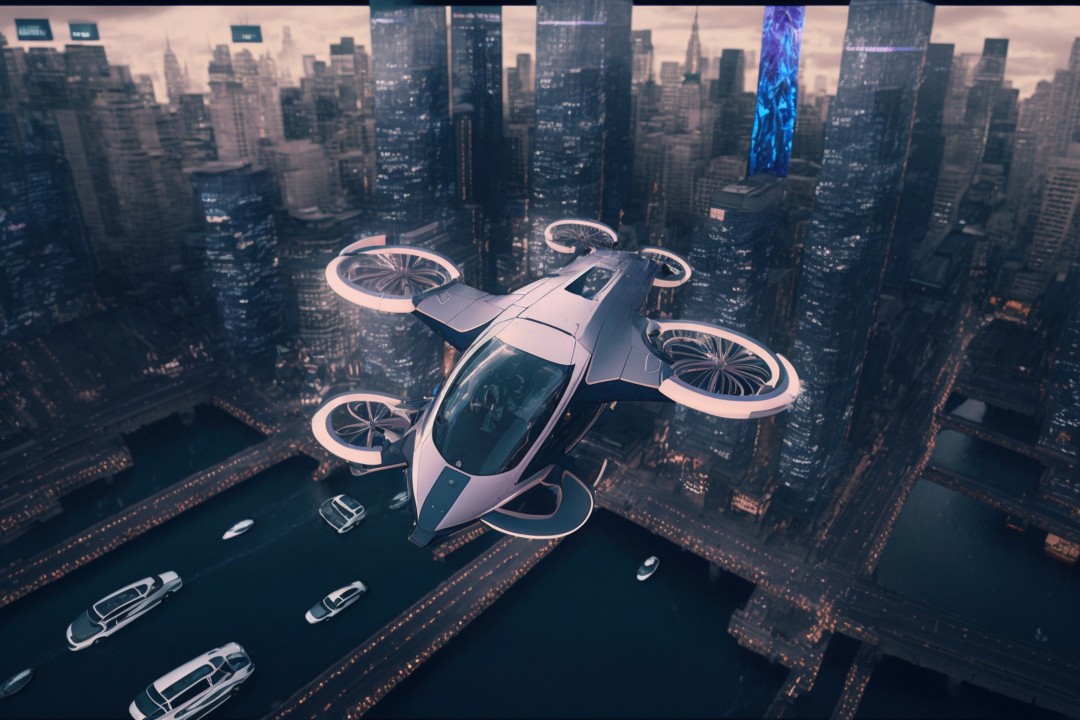
“Imagine being able to fly from San Francisco to San Diego, Boston to Baltimore, or Nashville to New Orleans without needing an airport and with zero emissions except water," said Joby founder and CEO JoeBen Bevirt. "That world is closer than ever, and the progress we’ve made towards certifying the battery-electric version of our aircraft gives us a great head start as we look ahead to making hydrogen-electric flight a reality."
A major challenge in realizing this vision is the availability of sustainably sourced liquid hydrogen. This issue contributed to the struggles of Universal Hydrogen, a now-defunct startup. However, Bevirt is optimistic about government support for hydrogen and green hydrogen supply and distribution. The US has allocated $7 billion under the Bipartisan Infrastructure Law to establish green hydrogen hubs across the country. "The world is shifting to a hydrogen economy and aviation is one of the most important use cases for that green hydrogen supply," Bevirt told Inc.

Innovation
Paikan Begzad
13 September 2024
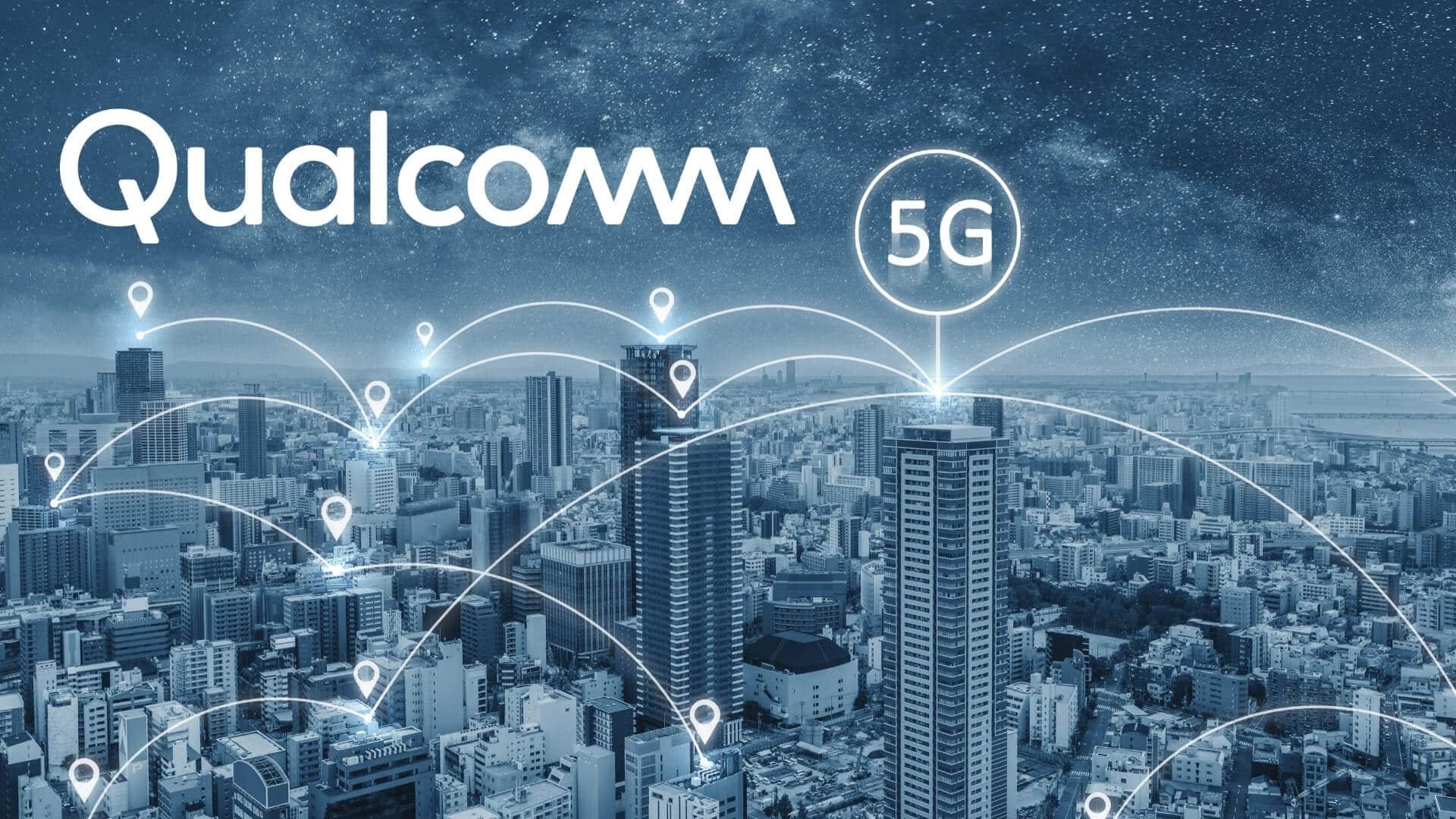
Innovation
Paikan Begzad
13 September 2024

Innovation
Paikan Begzad
10 September 2024
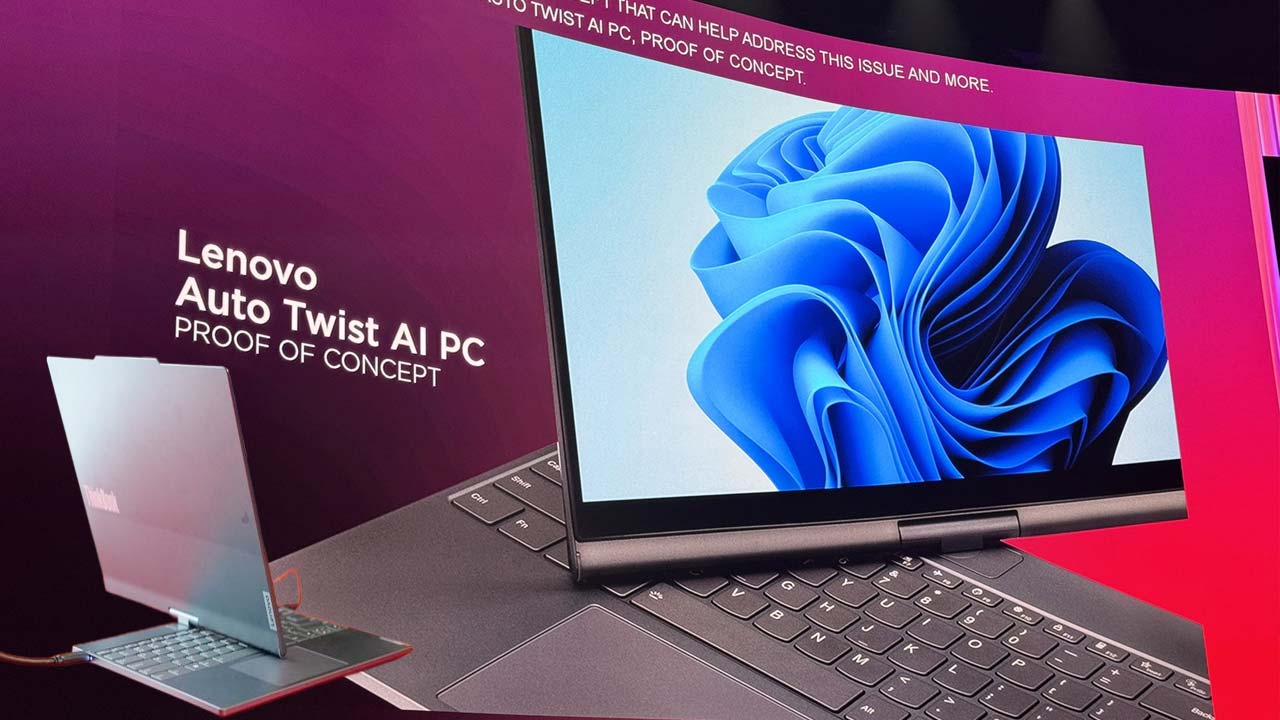
Innovation
Paikan Begzad
08 September 2024